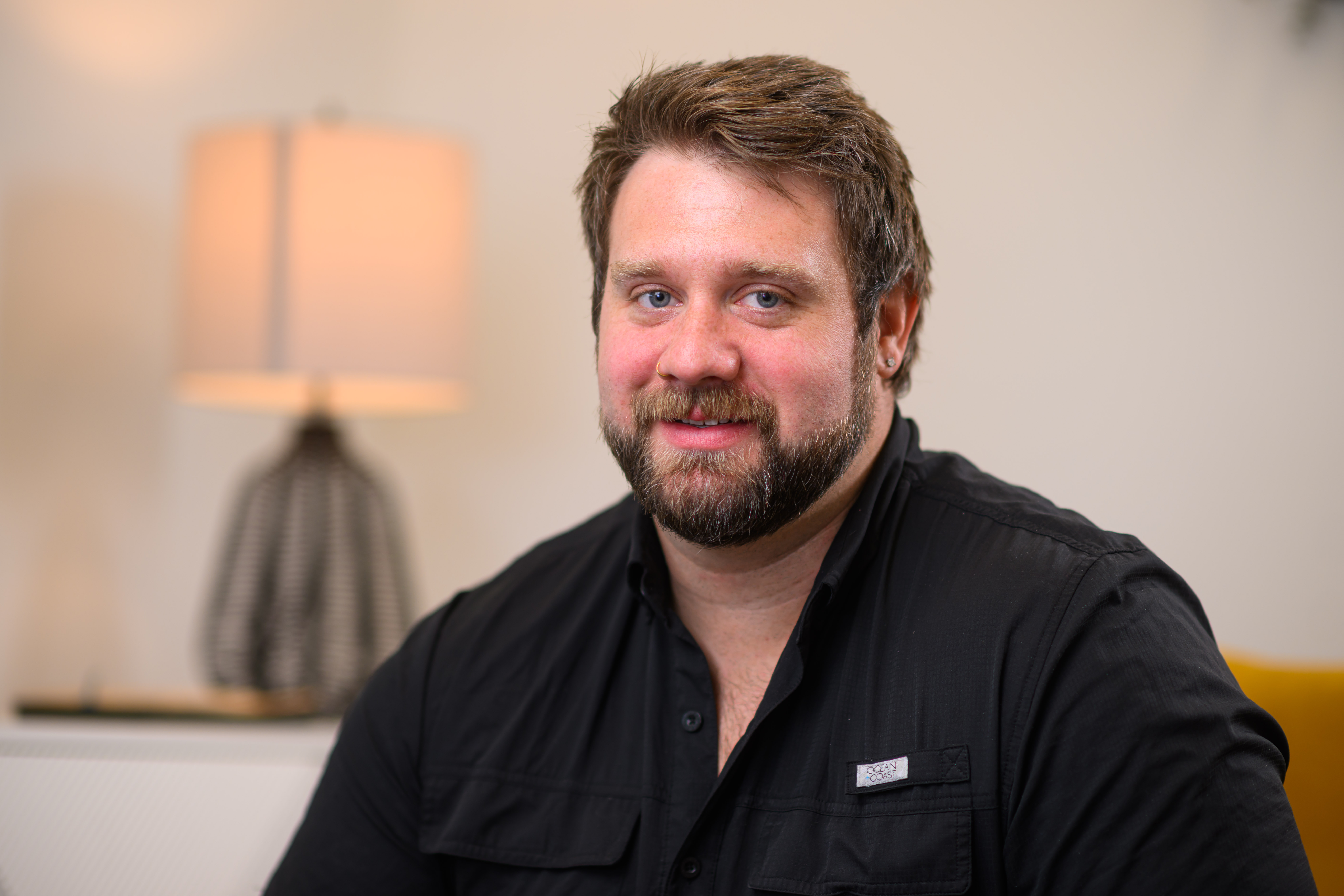
Stress is something we all live with. Work deadlines, family responsibilities, financial pressures — it’s part of everyday life. Usually, stress comes and goes. You push through, catch your breath, and keep moving.
But sometimes, stress doesn’t fade. It lingers, piles on, and starts to take more from you than it gives back. That’s when stress turns into burnout.
Burnout isn’t just “being tired.” It’s the deep exhaustion that drains your energy, your motivation, and even your connection with the people around you. It shows up in different ways:
Most people don’t recognize burnout until it’s already interfering with their health, relationships, or work. And too often, the instinct is to just push harder, hoping it will pass.
But burnout isn’t something you simply “grind through.” It’s a signal that something deeper is happening — and it’s worth paying attention to.
Left unchecked, burnout can make even the simplest parts of life feel overwhelming. It can erode your patience with your partner, leave you disconnected from your kids, or take the joy out of things that used to bring you peace. Over time, it wears away at your sense of self.
1. Start saying “no” — even to small things.Burnout thrives on overcommitment.Energy is a limited resource, and sometimes we don’t realize how much we’re spending on things that drain us — the extra project, the constant availability, the never-ending “sure, I can do that.”Over time, it leaves less for what truly matters — like your relationships, or even the energy you need to show up for work.Begin noticing where your energy is going as you practice saying no to smaller things.Each “no” helps you reclaim a little more space for yourself.
2. Rebuild small moments of rest.Rest doesn’t always mean a nap or a vacation. It’s the quiet cup of coffee without checking your phone, or the ten-minute walk where you don’t try to solve anything. Give your nervous system a few minutes each day to reset.And here’s a note: Scrolling through your phone might feel like you’re resting — but it often isn’t. Every swipe, like or feed refresh triggers a small hit of dopamine, which keeps your brain on alert and drains your resting capacity rather than renewing it. (Here's some current research on this!)
Try this week: Pick one time when you would usually scroll (morning coffee, waiting in line, right before bed) and replace it with 3–5 minutes of non-screen rest (breathing, looking out the window, quiet sitting).
3. Check in with your body.Burnout often shows up physically before we realize it emotionally.Tension in your jaw, tight shoulders, shallow breathing — these are signals.Pause a few times a day to stretch, breathe, or unclench something.
4. Reconnect with one thing that brings you life.When you’re burned out, even joy can feel like work.But picking one small, meaningful thing — music, a walk, a favorite meal — helps you remember that pleasure and rest still belong to you.
5. Ask for support before it becomes urgent.
You don’t have to wait until you’re falling apart to get help.
Talk to someone you trust, or reach out for therapy.
You deserve care before the crisis point.
Therapy can give you the space to slow down, make sense of what’s weighing you down, and find a path forward that doesn’t leave you running on empty.
Burnout happens quietly, but healing doesn’t have to.
Reach out today to schedule a session and take the first step toward feeling like yourself again.
